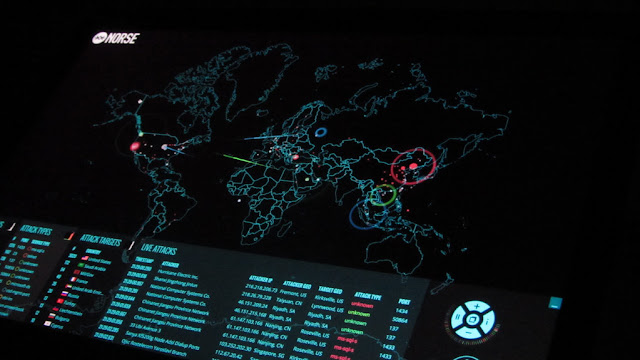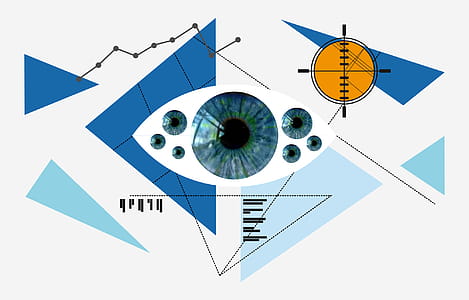What is the ‘Wi-Fi Pineapple’ cyber attack? Know how to avoid it
What is the ‘Wi-Fi Pineapple’ cyber attack? Know how to avoid it Nowadays, the internet has become an integral part of our daily lives. The availability of free Wi-Fi in public places has made it easier for many. However, it has also added security challenges. One such threat is the ‘Wi-Fi Pineapple’. What is Wi-Fi Pineapple? ‘Wi-Fi Pineapple’ may sound like a funny name, but it is a threat to your cybersecurity. It is a device that is actually sold for Wi-Fi security checks, but it can be used to attack your device. This device is named so because it looks like a pineapple. Because the early devices had antennas that protruded like pineapple leaves. Although the term 'Wi-Fi pineapple' refers to a specific commercial tool that automates man-in-the-middle attacks, such attacks can also be carried out using readily available hardware such as laptops or small computers. How does a Wi-Fi pineapple work? There are two main types of cyberattacks that can be carried out using Wi-Fi n...





